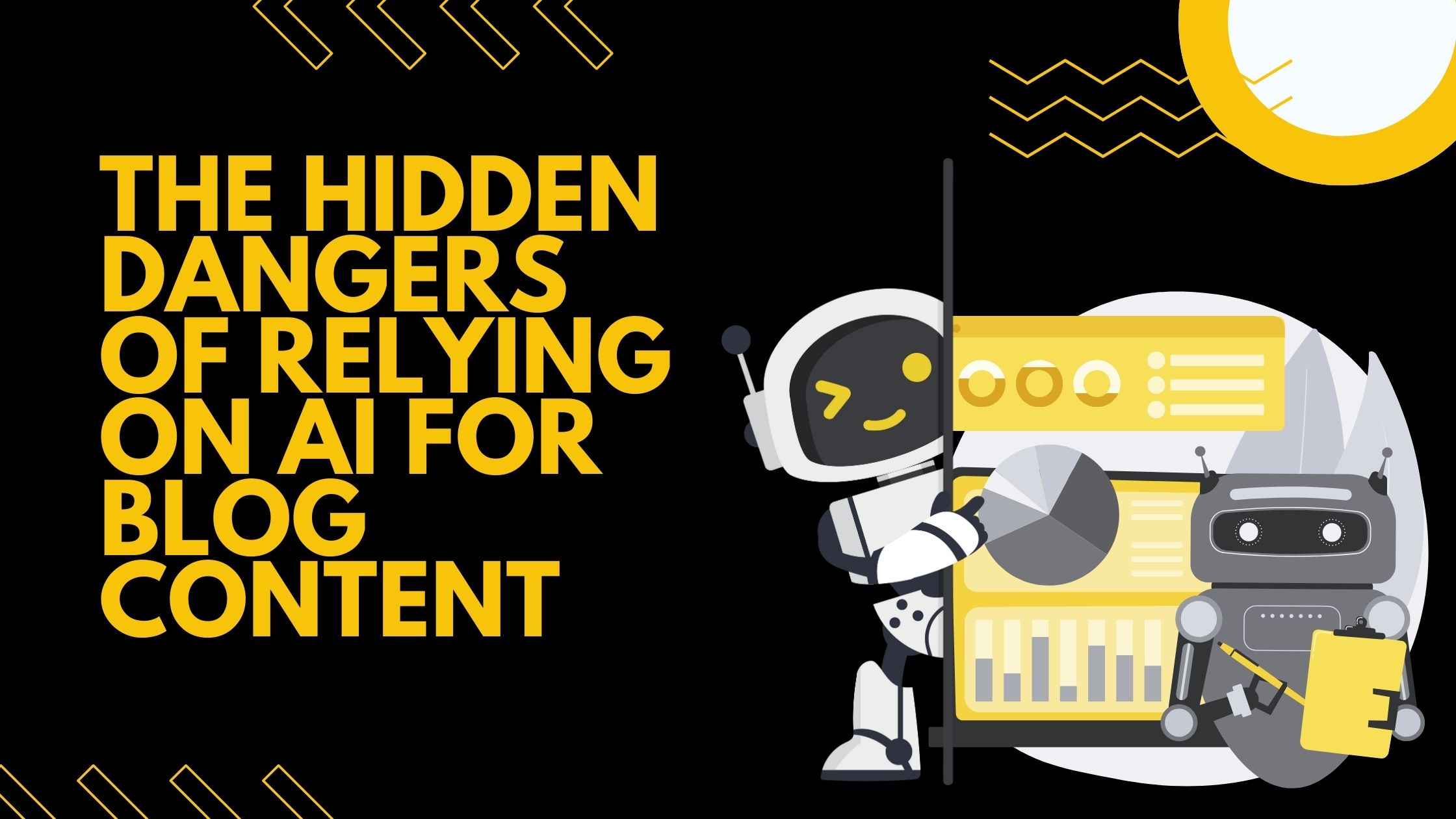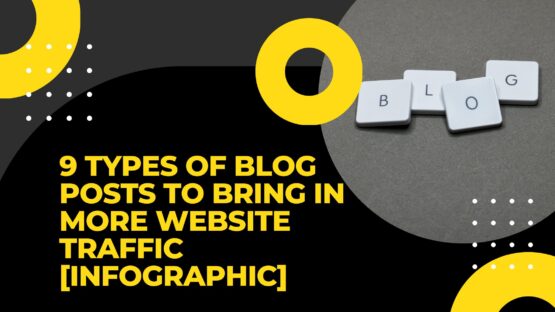Have you seen the movie “The Terminator?”
Well , when discussing the perils of AI arise ,then let’s rethink the movie scenes where machines rebel against the human race.While the consequences of AI misuse are indeed important, they are usually less dramatic than the pessimistic futures depicted in film.
In recent scenarios, Artificial Intelligence (AI) has rapidly advanced and transformed numerous industries. It has also emerged as a solution to expedite content creation. Web bloggers, marketers, and website owners have started using AI-powered writing tools into their workflows to generate content quickly and efficiently. While the convenience and speed of AI-generated blog content may seem appealing, yet there are hidden dangers involved in trusting solely on AI for creating blog content.
To skillfully manage the risks, it becomes essential to first understand them thoroughly. Therefore in this article , let’s check out the potential downsides of using AI for content writing.
What is AI Content Writing ?
AI writing tools, often referred to as AI content writers, are software applications that utilize artificial intelligence to generate texts based on user input. Deploying the capabilities of AI technology, these writers have the ability to produce text content that closely resembles human writeup. As a result, AI writing tools prove to be invaluable assets for businesses engaged in content marketing .
Risks of Using AI for Writing Blog Content
Let us explore the hidden dangers of using AI to write content –
- Lack of Creativity & Originality – AI-generated content are mainly based on the algorithms and pre -existing data .As a result, the content produced can lack creativity and originality. Blogs are meant to reflect the author’s voice and viewpoint, engaging readers with unique thoughtfulness.However it cannot replace human emotions, experiences, or creativity, leading to a content write up that may feel lifeless and lack personality. Gradually as time flies , readers may notice a decline in engagement and loyalty if they sense that the content is simply recapitulating information. Analysis, Reasoning , personal experiences , opinions are few of the valuable points to note while writing a strong human generated content.
- Inaccuracies & Misinformation – AI algorithms learn from vast datasets, but these are not always reliable or up-to-date. As a consequence, AI-generated content may include inaccuracies and misinformation. Bloggers and content creators have a responsibility to provide accurate and trustworthy information to their readers. Trusting fully the AI generator without human intervention can lead to the dissemination of false information, damaging the blogger’s reputation. So fact checking should be part of your content workflow even if you are using AI.
- Ethical Concerns – AI-generated content raises ethical concerns regarding plagiarism and copyright policies. AI tools might replicate content from existing sources without proper attribution, leading to legal issues for the blogger and potential damage to their website’s search engine ranking. Additionally, there are ethical considerations around using AI to automate jobs previously performed by human writers, leading to displacement of human content writers and affecting their income.
- Loss of Connection with the Audience – A successful blog establishes a connection with its audience through realistic content and engagement. AI-generated content lacks the compassion or humor to understand and connect with readers. It cannot respond to comments or feedback, leading to a loss of the personal touch that human generated write ups can provide. As a result, the blog might lose its sense of community, slowing down the readers’ interest in the content.
- Unintended Biases – AI algorithms learn from the data they are fed, and if the data contains biases or controversial viewpoints, the content may invariably spread these biases. Human writers have the ability to critically analyze their work for potential biases, ensuring the content remains fair and inclusive.
- SEO and Ranking Challenges – Search engines continuously update their algorithms to determine high-quality, original, and valuable content. While AI-generated content can be streamlined for SEO purposes, it may not meet the standards set by search engines for top-ranking positions. Human-generated content often proves better in terms of SEO, as it is more likely to cater to search intent and offer value to readers.
- Missed Opportunities for Growth and Learning – Depending entirely on AI for blog content may retard a blogger’s personal growth and learning. Writing is a skill that improves with continuous practice and feedback. By depending on AI, bloggers miss out on useful learning inputs and the chances to polish their writing style and proficiency.
Thus, we may sum up…..
Though AI has an important place in content creation and can be an assistive tool for generating ideas, depending solely on AI for blog content comes with potential risks too. The lack of creativity, potential inaccuracies, ethical concerns, and diminished connection with the audience can negatively impact a blog’s success and reliability.
“Let AI Assist , Not Replace : Preserve Your Blog’s Human Touch ! “




